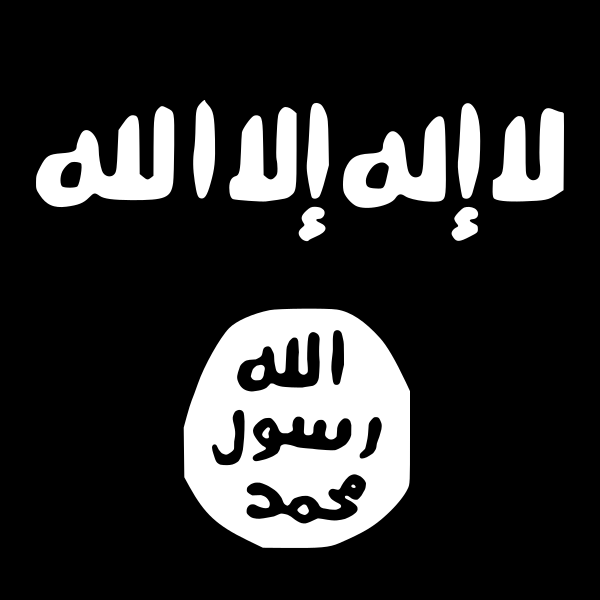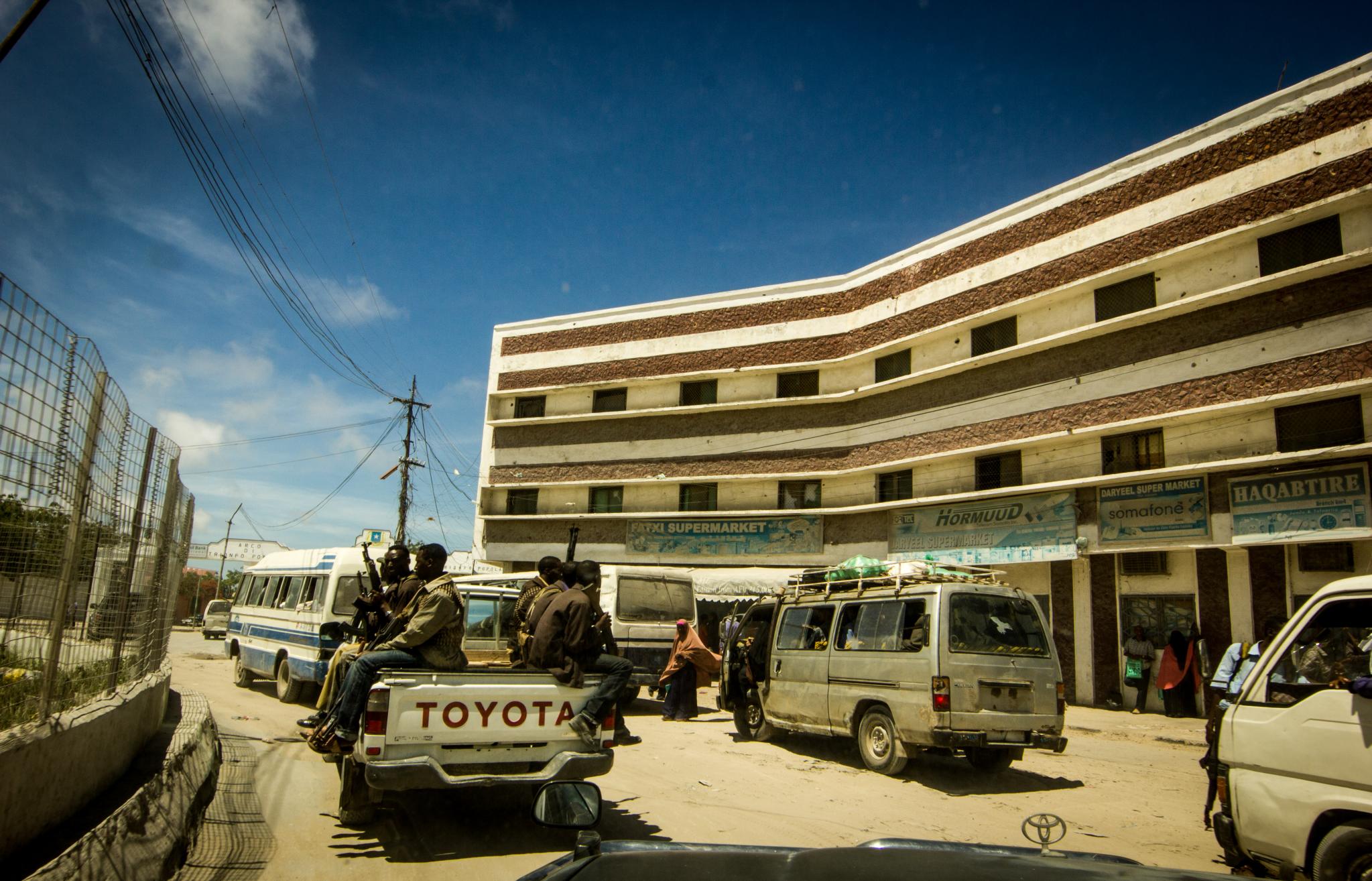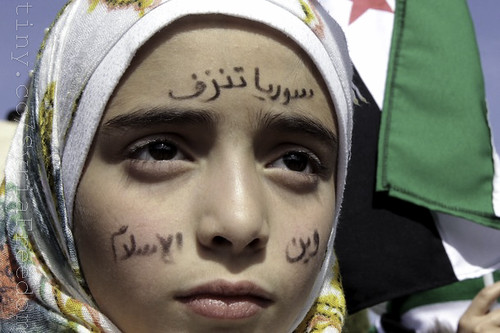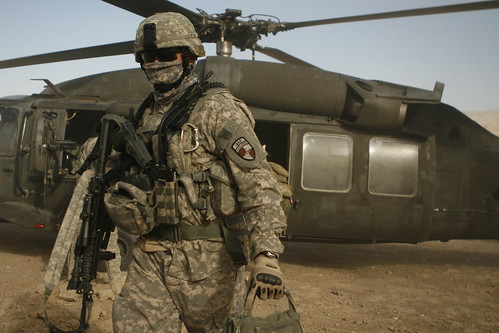
This article was originally published June 16, 2014 by War on the Rocks.
One of the most fundamental questions lurking beneath the surface of 21st century security discussions is the question of what constitutes a state. Does the prominence of powerful sub-state actors with state-like functions show that the state is declining?
Recent events in Iraq suggest that our confusion is a function of substantial definitional problems. Is the Islamic State in Iraq really a state? An armed movement that has a state? None of the above?
While I cannot improve on the analysis of ISIS offered by Middle East specialists Douglas Ollivant and Brian Fishman, I at least can offer a few general observations derived from the literature about the problem of analyzing ISIS as a state.




